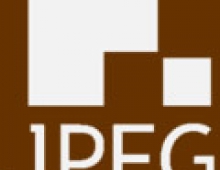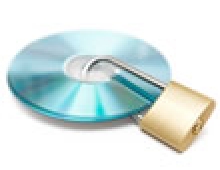
Microsoft Labels Sony's XCP Spyware
Sony's controversial anti-piracy CD software has been labelled as spyware by Microsoft.
The software giant said the XCP copy protection system counted as malicious software under the rules it uses to define what Windows should be protected against.
It is planning to include detection and removal tools for XCP in its weekly update to its anti-spyware software, BBC reports.
The news came as Sony BMG suspended production of CDs that use XCP.
Microsoft's decision to label the XCP system spyware was revealed on the corporate blog maintained by the software maker's anti-malware team.
"Root-kits have a clearly negative impact on not only the security, but also the reliability and performance of their systems" said Jason Garms, one of the senior managers in the anti-malware team.
Malware is the generic term for malicious software and includes viruses, spyware and any other program designed to hijack or harm a computer.
The XCP system is controversial because it uses techniques more often seen in computer viruses to hide itself on users' machines.
Specifically XCP uses a "root-kit" to conceal itself deep inside the Windows operating system.
Microsoft will put utilities to find and remove the XCP system in the next update of its anti-spyware software.
The same utilities will also go in to the December update for Microsoft's malicious software removal tool.
The row about XCP blew up following an expose by Windows programming expert Mark Russinovich.
It led to widespread criticism of Song BMG and several class action lawsuits have been started against the record label over XCP. The stealthy software is intended to stop illegal copies being made of Sony CDs.
It is planning to include detection and removal tools for XCP in its weekly update to its anti-spyware software, BBC reports.
The news came as Sony BMG suspended production of CDs that use XCP.
Microsoft's decision to label the XCP system spyware was revealed on the corporate blog maintained by the software maker's anti-malware team.
"Root-kits have a clearly negative impact on not only the security, but also the reliability and performance of their systems" said Jason Garms, one of the senior managers in the anti-malware team.
Malware is the generic term for malicious software and includes viruses, spyware and any other program designed to hijack or harm a computer.
The XCP system is controversial because it uses techniques more often seen in computer viruses to hide itself on users' machines.
Specifically XCP uses a "root-kit" to conceal itself deep inside the Windows operating system.
Microsoft will put utilities to find and remove the XCP system in the next update of its anti-spyware software.
The same utilities will also go in to the December update for Microsoft's malicious software removal tool.
The row about XCP blew up following an expose by Windows programming expert Mark Russinovich.
It led to widespread criticism of Song BMG and several class action lawsuits have been started against the record label over XCP. The stealthy software is intended to stop illegal copies being made of Sony CDs.




















